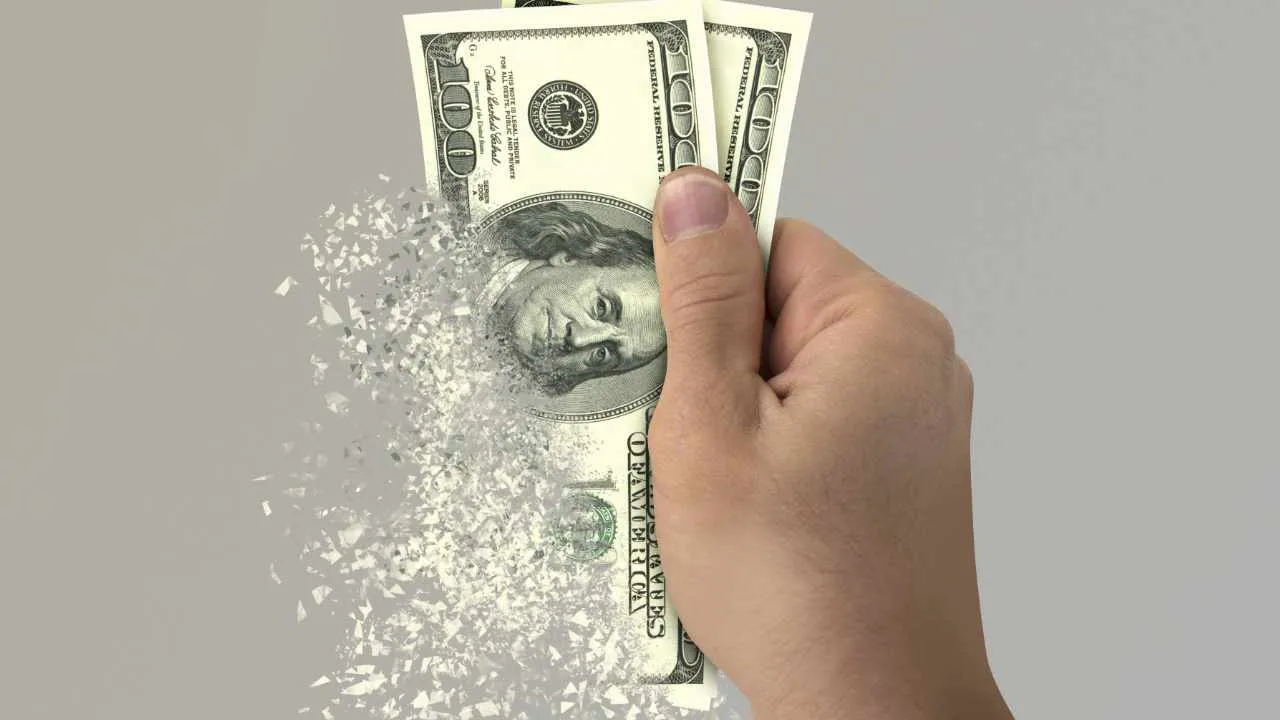On one end of the spectrum, some believe that the dollar will collapse completely and be replaced by currencies such as the BRICS. This idea, however, has been around for decades and frequently appears on magazine covers proclaiming the end of the dollar.
On the other hand, some argue that nothing has changed and that these headlines are simply hype. However, significant changes, such as the impact of war and Russia's frozen reserves, have led to the realisation that the dollar may not be as stable as previously assumed.
Furthermore, China's growing economic size has created a gravitational force comparable to that of the United States. While the dollar is no longer large enough to serve the entire world, China, due to demographic issues and closed capital accounts, is also not large enough to take over as a global currency.
From the 1970s to 2008, central banks reduced their gold holdings while the dollar-dominated. However, there has been a resurgence of interest in gold since 2009, as central banks realise the dollar may not be as reliable as they previously believed.
Gold is viewed as a means of gaining more control and protection against inflation, as well as avoiding counterparty risk. Although gold settlement is slow, it remains a neutral and reliable form of money for a portion of global reserves.
Bitcoin's current size is a challenge. Despite a market capitalization of hundreds of billions of dollars and trillions of dollars in annual transfer volume, it remains small in comparison to the scale required for global trade in goods and services, let alone global oil trade.
This means that corporations or even billionaires can manipulate Bitcoin's price over time. Bitcoin requires greater adoption and deeper liquidity to be considered a settlement medium and unit of account for sovereign settlements and reserves. As the total adjustable Market reaches the upper end, higher adoption would result in less volatility.
This would make building leverage on top of it less appealing, as is currently done with Bitcoin. It is expected that as adoption and liquidity grow, central banks will become more interested in it.
However, many central bankers risk losing their jobs if they persuade people to invest in Bitcoin, which then loses 80% of its value and causes them to be fired.
Despite the fact that there has been some de-dollarization at the central bank level, people in random cities around the world still prefer to use dollars over other currencies. However, due to improved technology, interlocking CBDCs, and the use of gold as a neutral force, this trend may shift towards a more multi-polar world with more diverse reserves and payment channels.
Despite the fact that the dollar remains the unit of account for many things, the network effects and convenience of diversifying reserves and payment rails could result in significant changes.
Another point I'd like to make is that having a single country's currency serve as the world's reserve currency is extremely uncommon. Many people look at a chart that shows the change in reserve currency every 90 years on average and notice that the UK came before the US, then the Netherlands, and then Spain.
However, they frequently forget that before all of that, there was gold, and various variations of gold or gold-silver promises. When people talk about the world's reserve currency, they frequently refer to the European reserve currency. We didn't have a truly global reserve currency until the United Kingdom, and even then, it wasn't like the currency of Spain or the Netherlands was dominant in China, for example, if you go back far enough.
This period since Bretton Woods, when the United States dominated the world economy and controlled nearly all of the gold, has been an anomaly, and we are gradually returning to a more normal environment. China and India, which used to account for a large proportion of global GDP, are resuming their former positions. We're getting back to a more diverse economic baseline, which will eventually lead to more diverse currency exposure.
Source:
Money Talks, 20 April 2023, "Most People Don't Even Realize What's coming... | Lyn Alden Prediction", 
